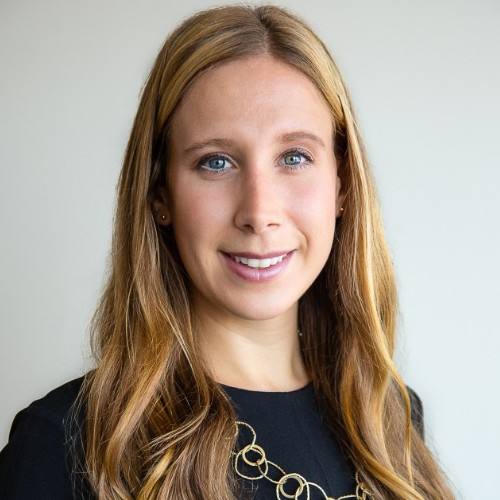By Carrie Sheffield
Women often say they don’t feel confident investing their own money. Smart Women Smart Money spoke with Carey Shuffman, head of the Women’s Strategic Client Segment at UBS, to give you the tools to set those fears aside. Enjoy the second part of this below.

Q: What are some common mistakes you see ladies make around making financial planning and investing?
I mentioned this before, but a common mistake would be focusing on investing before ensuring you have an adequate emergency fund set aside and that you’re maxing out your retirement funding through any employer-sponsored retirement plan like a 401()k) / maximizing any company match, you can achieve. Then, I would say—while less of a mistake and more of a good best practice—when going through the financial planning process, make sure that you understand your full financial picture and that you also really understand your financial goals in the short and long term. Try to understand your net worth—your assets minus your liabilities—so really a full picture of everything you have, e.g., your investment accounts, saving accounts, retirement accounts, real estate, valuables, etc., against any debt that you’ve incurred and currently owe, e.g., credit card debt, student loan debt, a mortgage, etc. Many people are surprised to uncover what their net worth really is. Then, is your goal to grow that net worth, is it to pay off student loans, is it to purchase a home in the next few years, or to save money for retirement in 10-20 years? Are you hoping to invest in a friend’s company, pay for children’s college tuition, or take a trip around the world next year? Understanding what your goals are in the immediate term, longer term, and beyond will help you develop a financial plan that’s right for you – and an expert can also help you shape that plan and understand how you’re tracking against those goals, what could potentially cause any roadblocks to achieving them and how to make wise financial decisions to help you stay on track.
Lastly, I’d also encourage women to make sure they have all of the proper documentation in place in case of the unexpected. The foundational estate document that everyone should have is a will, which is where you can name guardians for minor children, powers of attorney, and healthcare proxies. Depending upon your situation and intentions, there could be additional estate documents that are recommended or necessary, and it’s worth discussing this with a financial professional and, in the case of legal documents, with an attorney. These can be difficult conversations and considerations to address, but taking the time to ensure these things are in place and regularly updated will help you and your loved ones be prepared for any curveballs that life may bring, help ensure your wishes and preferences are honored and avoid undue burden on loves ones during a potentially challenging time.
Q: What are some investing tools, frameworks, or savings products less commonly used and known about?
At UBS, we have a framework called Wealth Way, which can be a great way to think about your financial life and begin to uncover what’s most important, identify your life’s goals and build portfolios to achieve them, working with a professional financial advisor to help you along the way. It starts with asking yourself a series of questions—and to my earlier point about not having to be a financial expert and breaking down the misperception about what it takes to be financially engaged—these questions are all personal to you and your life. Ask yourself things like: Who are the people that matter most to you? What keeps you up at night? How do you plan to achieve your life’s vision? These are questions that you—and you alone—are best equipped to answer because no one knows your life better than you do. From there, the Wealth Way framework covers three key strategies to help you organize your financial life, to give you a clearer understanding of where your money is and why. The first strategy is Liquidity – which covers your needs from now through the next few years – to help provide cash flow for short-term expenses and to help maintain your lifestyle. The goal of the Liquidity strategy is to help take the emotion out of investing and shorter-term market volatility since you will have made a plan for what you might need. The second strategy is Longevity – which covers your needs from a few years out through the course of your lifetime – for longer-term planning needs and to help improve your lifestyle. The goal of the Longevity strategy is to allow you to focus on your long-term goals and work toward achieving them. Finally, the third strategy is Legacy – needs that go beyond your own from now through beyond your lifetime – to help you improve the lives of others, pass on values, and more. This third Legacy strategy helps you plan to make a difference for the people and causes you care about.
You certainly don’t need to address all three strategies – Liquidity, Longevity, and Legacy – at once, but it can be a helpful way to think about your financial life and goals in the short-term, long-term, and beyond as you work toward a greater level of engagement in financial planning decisions for yourself, your loved ones and your future over time. In fact, our UBS Own Your Worth research found that 80% of women thought that the UBS Wealth Way framework was a good financial strategy for them.










